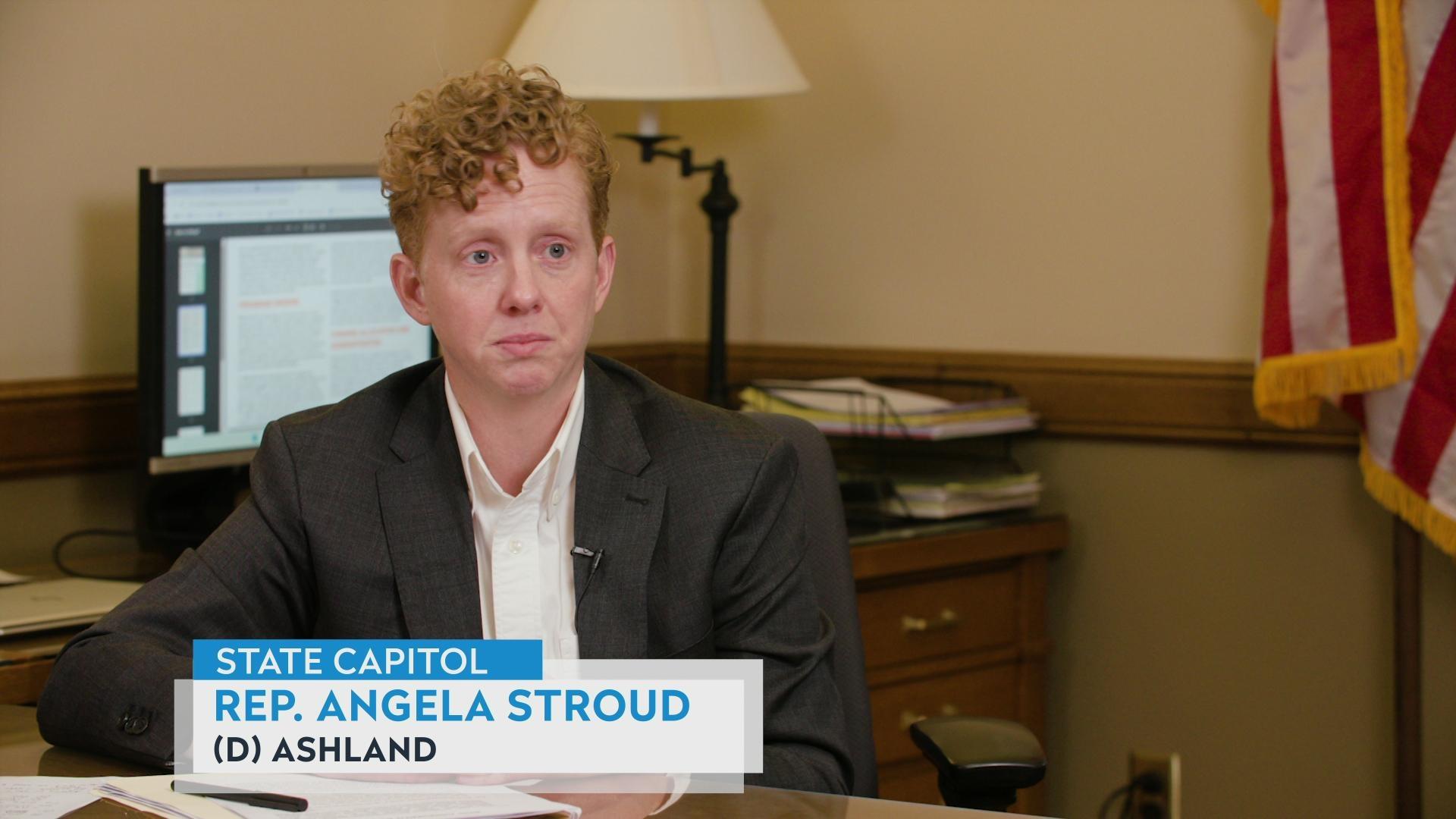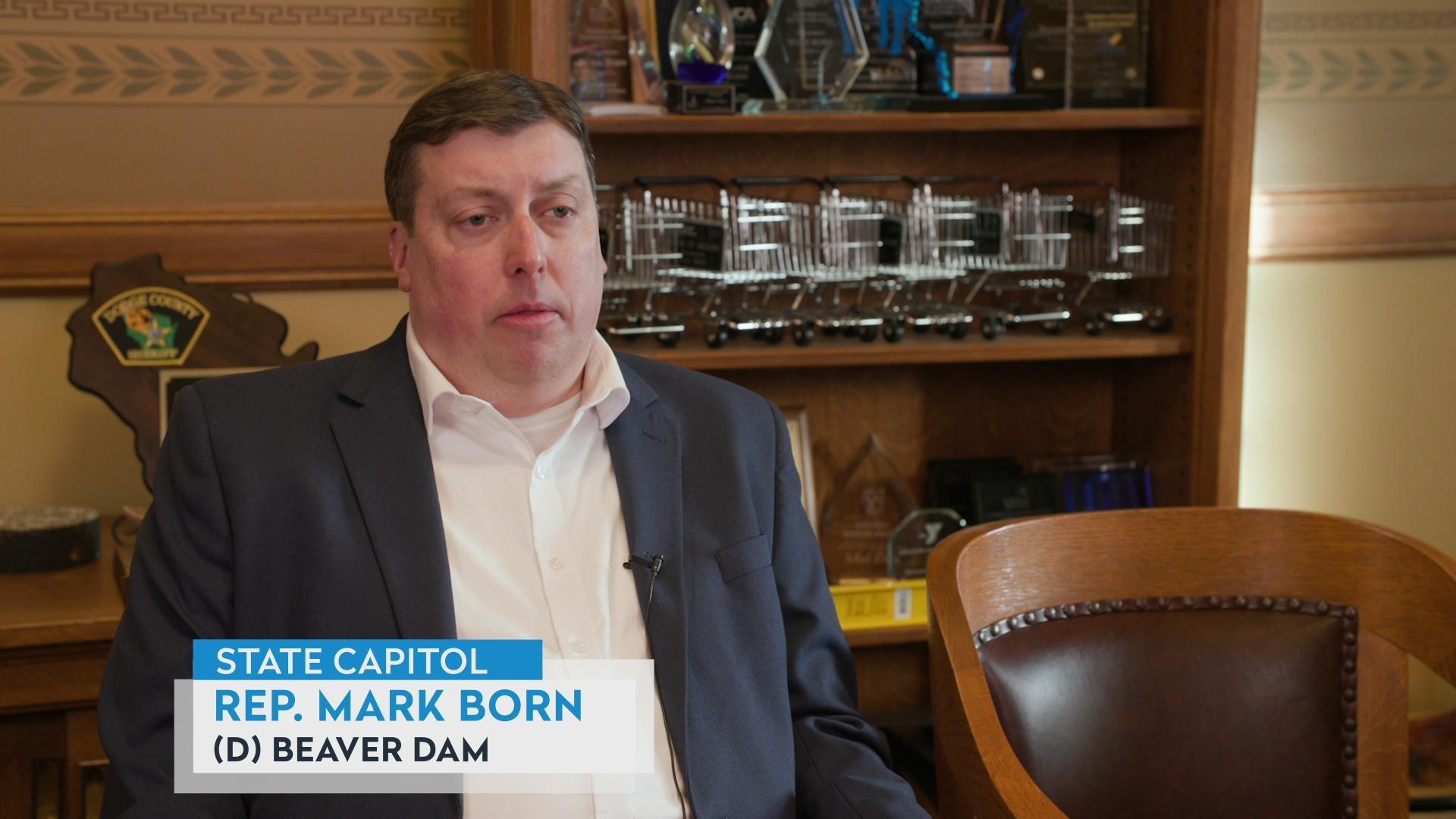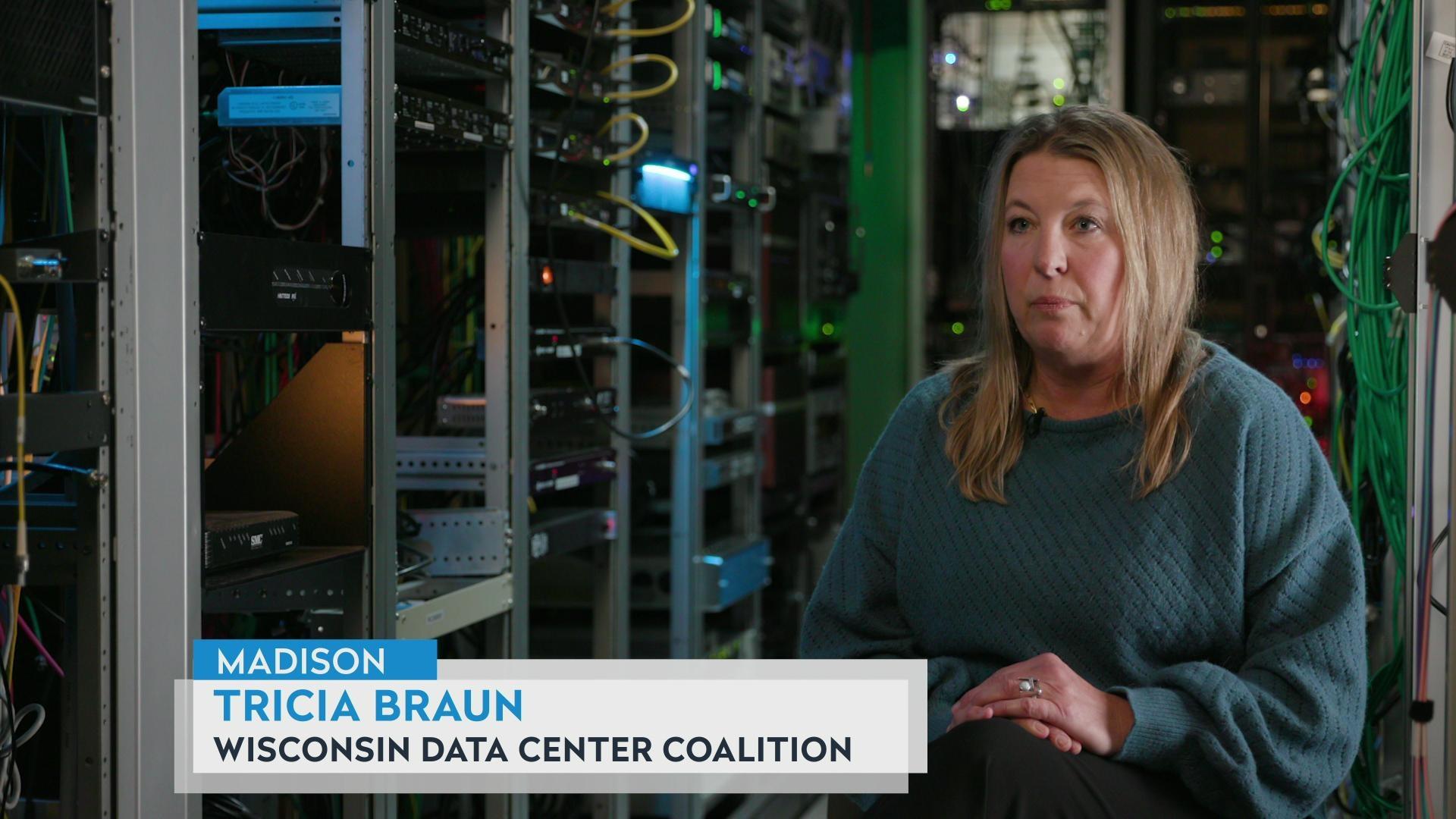Beth Swedeen on minimum wages for workers with disabilities
Wisconsin Board for People with Developmental Disabilities Executive Director Beth Swedeen discusses its calls for employers to pay workers who need vocational support at minimum wage rates or higher.
By Aditi Debnath | Here & Now
October 14, 2024
VIDEO TRANSCRIPT
Beth Swedeen:
Many providers of vocational supports or work supports in this state started in the 1960s and '70s, and they were the only thing around. They were really important to help people prepare for employment, and they got subminimum wage licenses to give them permission to do that. The federal law based on subminimum wage is from the 1930s. So, it was designed for veterans coming back from World War I who maybe couldn't work as quickly as other people, or had some impediments in a society where being able-bodied was really the only way you could work. We're looking at a law that's almost 100 years old. Many things have happened since then, and so our position is that people with disabilities should be working at similar jobs to other people based on their interests, and that they should get compensated at market rates. Now, that means that they would be making minimum wage or higher. And we support that, because people with disabilities have to earn enough income in order to live on their own. There's expenses and other reasons, and because we feel that people with disabilities are an important part of our economy, our workforce and our communities. We understand that there are many vocational providers who already have moved into that realm. They've let go of their 14(C) license, they are compensating people at market wages, and they're placing people in community jobs. But we also understand there's still a place for some people who are older maybe, or have gotten those vocational supports for many years, where we're not advocating the erasure of providers, but we are advocating that it's important for people whenever possible to get their supports in the community and at a fair market wage.
 Passport
Passport











Follow Us